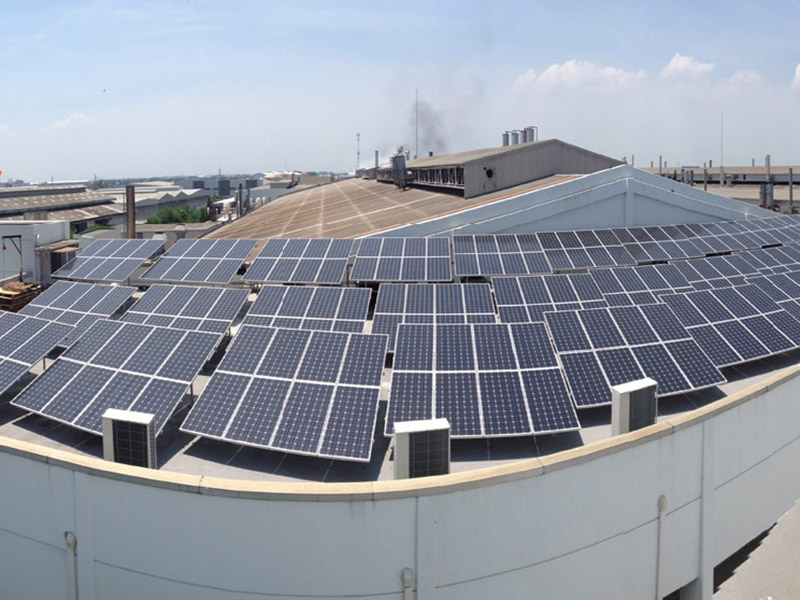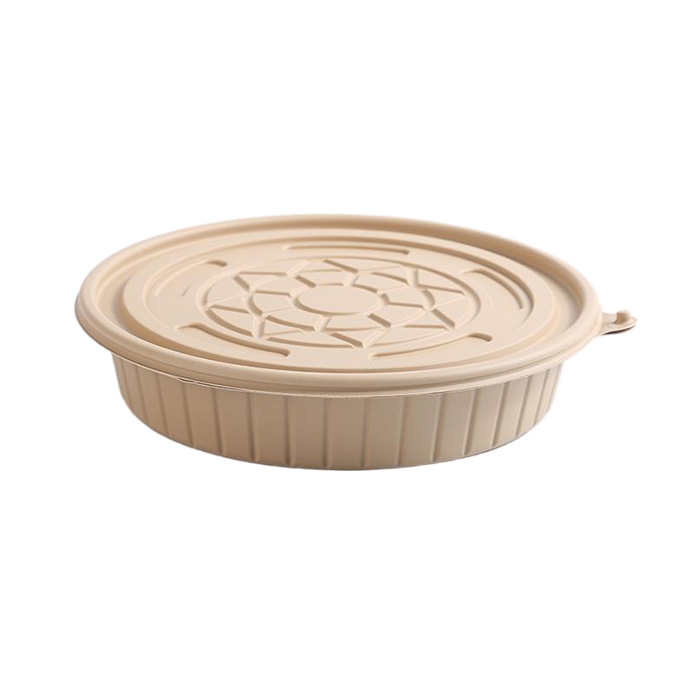The importance of dustproof and waterproof design of JA solar panels

With the increasing awareness of environmental protection and the increasing importance of renewable energy, JA solar panels, as an important part of clean energy, have received more and more attention and applications. However, in actual use, JA solar panels often face the influence of external environmental factors such as dust and rain, which may affect the power generation efficiency and service life of JA solar panels. Therefore, it is particularly important to carry out effective dustproof and waterproof design for JA solar panels.
Dust is one of the natural enemies of JA solar panels. Dust particles covering the surface of the panel will not only reduce the light absorption rate, but also cause a hot spot effect, leading to local overheating and thus affecting the performance of the entire photovoltaic system. In addition, long-term dust accumulation may also cause corrosion on the surface of the battery panel and shorten its service life. Therefore, effective dust-proof design is key to improving photovoltaic system efficiency and extending service life.
Water is another major enemy of JA solar panels. Moisture penetration may cause electrical components inside the panel to short-circuit, or even cause an electric shock hazard or fire. In addition, long-term water vapor erosion will also accelerate the aging of materials and corrosion of metal parts. Therefore, waterproof design is not only related to the safety of battery panels, but also an important measure to protect investment and maintain system stability.

In order to meet these challenges, the dustproof and waterproof design of JA solar panels requires comprehensive consideration of material selection, structural design, surface treatment and other aspects.
Material selection: Using materials with strong weather resistance, waterproof and dustproof properties is the basis. For example, the use of packaging materials with high light transmittance and anti-UV aging, as well as backsheet materials with good sealing properties, can effectively prevent the intrusion of water vapor and dust.
Structural design: Optimizing the inclination angle and installation method of the battery panels can reduce dust and water accumulation. For example, self-cleaning photovoltaic modules use special surface structures and coatings to take away surface dust when rainwater flows through the panels.
Surface treatment: Apply a nano-level protective coating, which is not only dustproof and waterproof, but also resistant to environmental pollution and chemical corrosion. At the same time, this coating is usually super hydrophilic or hydrophobic, helping to achieve self-cleaning functions.
Sealing technology: Precise sealing of the seams of the battery panels can prevent moisture and dust from entering through these small gaps. Use high-quality sealants and sealing strips to ensure long-term effective sealing.
Intelligent monitoring system: Integrate an intelligent monitoring system to monitor the status of battery panels in real-time, detect potential dustproof and waterproof problems in a timely manner, and provide early warning and maintenance.
As a professional JA solar panel supplier, the JA solar panels we sell have high-quality dustproof and waterproof performance and can operate stably in various harsh environmental conditions. At the same time, our products undergo strict quality control and testing to ensure their long-term stable performance and reliability.
To sum up, the dustproof and waterproof design of JA solar panels is an important measure to ensure their normal operation and extend their service life. Through reasonable design and material selection, the impact of dust and rain on JA solar panels can be effectively reduced, and their power generation efficiency and stability can be improved, thereby better playing the role of clean energy. In future development, with the continuous advancement of science and technology, I believe that the dustproof and waterproof design of JA solar panels will be further improved and improved, making greater contributions to the development of clean energy.
JA solar panel: an efficient, reliable and environmentally friendly solar power generation tool
JA Solar Panel Working Principle and Technical Analysis
JA solar panel installation and maintenance guide
Key factors to extend the service life of JA solar panels
What are the factors that affect the efficiency of JA solar panels?
JA solar panel efficiency cleaning guide
How efficient is JA solar panel?
How to choose a high-quality JA solar panel supplier
JA Solar Panel Shipping and Storage Guide
Explore the environmental advantages of JA solar panels
JA solar panel price and cost analysis
How to buy high-quality JA solar panels
Impact of environmental factors on JA solar panels
How to improve the working efficiency of JA solar panels in the rainy season
mia
yana@janewenergy.com




